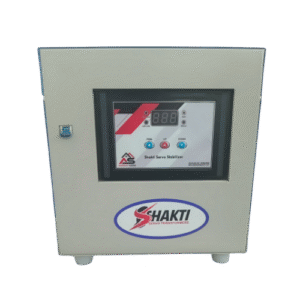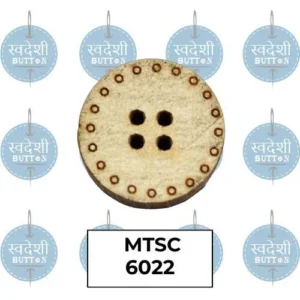Kosher Certified Products: Not Just for the Jewish Community

Kosher certification in Ahmedabad
In today’s world of informed consumers and mindful eating, the labels on products matter more than ever. One label that continues to gain traction is “kosher certified.” Though rooted in Jewish dietary law, Kosher Certified Products are now chosen by people of various cultures and beliefs who seek higher standards in food safety, cleanliness, and ethical sourcing. But what does this certification actually mean—and why are so many people buying kosher?
What Does Kosher Certified Products Involve?
Kosher is a Hebrew word meaning “fit” or “proper.” In terms of food, it refers to items prepared according to Jewish dietary laws, known as kashrut. Kosher Certified Products go through a verification process conducted by a certifying agency, which inspects the entire production chain—from sourcing of ingredients to the machinery used—to ensure it follows kosher guidelines.
These certified products aren’t limited to food. They include beverages, pharmaceuticals, health supplements, and even cosmetics. Every component in the product, including additives and preservatives, must be kosher. Moreover, the manufacturing equipment must be cleaned and used according to kosher rules to avoid cross-contamination.
Core Principles Behind Kosher Certified Products
Several principles define whether a Kosher certified products qualifies as kosher. The most well-known is the complete separation of meat and dairy. Not only must they not be mixed in a single dish, but they must also be stored and prepared with different utensils and surfaces.
Another important rule is the selection of animals. Only specific animals are permitted: land animals must have split hooves and chew their cud, such as cows and sheep. Fish must have fins and scales, meaning shellfish is not kosher.
The process of slaughter also plays a critical role. It must be performed in a specific, humane manner, and the meat must be drained of all blood. Kosher certified products standards also prohibit the use of any ingredients or processing methods that are not in line with these religious laws.
Who Buys Kosher—and Why?
The audience for Kosher Certified Products has grown far beyond the Jewish community. Many consumers choose kosher for reasons unrelated to religion. For instance, people with dairy or meat allergies often rely on kosher labels for clarity and peace of mind. Vegetarians and vegans benefit from labeling that ensures no animal by-products are present.
Muslim consumers sometimes prefer kosher items when halal-certified products are unavailable due to the overlap in ethical practices. Others simply associate kosher certification with higher food quality, better cleanliness, and strict oversight—all of which contribute to trust.
Kosher Certification and Market Reach
In an increasingly competitive global marketplace, Kosher certified products has become a strategic advantage. Manufacturers seeking to enter international markets—especially in the U.S., Europe, and Israel—often seek kosher approval to broaden their customer base.
Certifying agencies play a vital role in this process. One such respected name is Kosher Certification, known for thorough inspections and adherence to traditional kosher standards. Businesses that partner with Kosher Certification benefit from improved credibility, both domestically and globally, and gain access to niche but growing segments.
Organizations like Kosher Certification make this possible. Known for their thorough audits and high standards, they help businesses navigate the certification process while ensuring full compliance. Working with Kosher Certification allows brands to build credibility and connect with mindful consumers.
Conclusion
Whether you follow kosher dietary laws or simply want cleaner, more ethically made products, kosher certified products offer reassurance. They’re not just a religious choice—they represent quality, transparency, and integrity. From food to pharmaceuticals, this certification gives consumers confidence in what they’re purchasing and consuming. As global awareness grows, kosher certification continues to shape how people choose what they eat—and why.
Read Also – How a Globally Acceptable Kosher Certificate Builds Trust Across Borders



